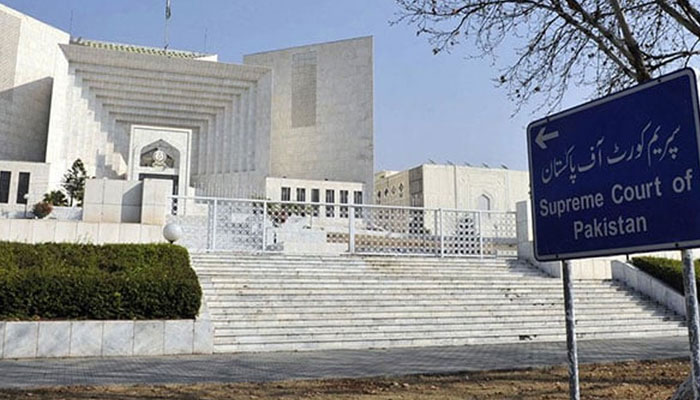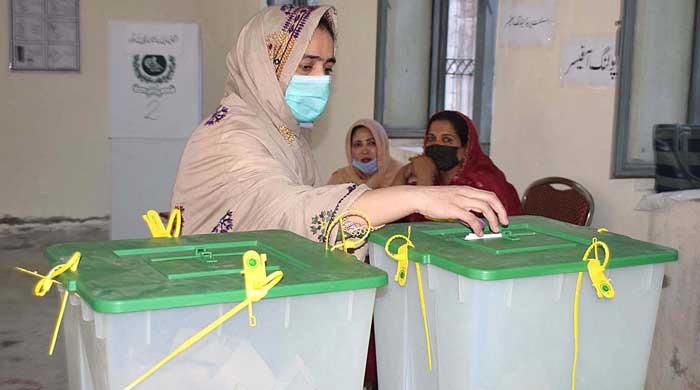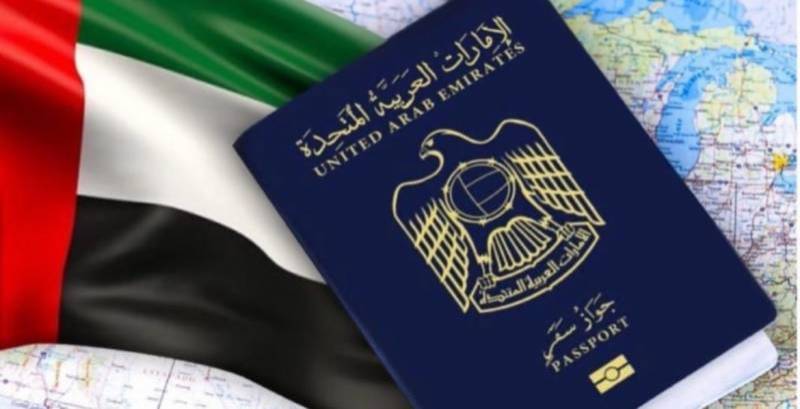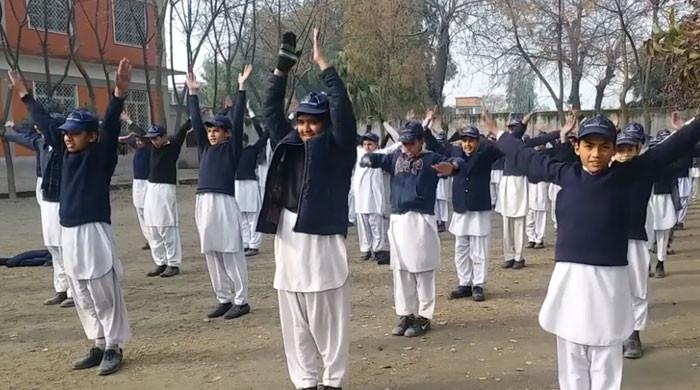 View of the Supreme Court building. —APP/File
View of the Supreme Court building. —APP/FileISLAMABAD: Closing all doors on any election delay, the Supreme Court ruled on Monday that no objections will now be entertained by the courts on the delimitations after the announcement of the poll schedule.
A three-member bench of the top court, headed by interim chief justice Sardar Tariq, took up an appeal filed by the Election Commission of Pakistan (ECP) against the Balochistan High Court's (BHC) decision to change the delimitations carried out by the polls organising body.
The decision was announced on the ECP's appeal against the delimitation of two provincial seats in Quetta. The SC also nullified the BHC's decision on delimitation.
The top court’s order has virtually closed all doors to election delay as courts across the country would not be able to entertain any petition challenging delimitation carried out by the Election Commission of Pakistan (ECP) any more.
If the petitions against the delimitations were admitted, the lengthy litigation process could lead to delays in the elections.
The development comes days after the apex court nullified the Lahore High Court (LHC) order that halted the training of returning officers, raising prospects of polls delay in the country and paving the way for the elections to take place on its scheduled time.
Chief Justice of Pakistan (CJP) Qazi Faez Isa-led bench directed the electoral body to announce the election schedule, ending uncertainty surrounding the polls.
In its order on the ECP’s petition, the three-member SC bench ruled that the LHC would not hold further hearings on the petitions related to the appointment of polling officers and that any matter pertaining to the issue should be referred to the top court.
The LHC’s decision, which came on a plea filed by Pakistan Tehreek-e-Insaf (PTI) lawyer Umair Niazi, suspended ECP’s decision to appoint the ROs and DROs from the executive branch.
Following the top court's decision, the electoral body issued the much-awaited schedule for the general polls.
A day earlier, the ECP also resumed the training for the ROs and DROs in line with the top court's verdict.
Election conundrum
Upon the advice of then-prime minister Shehbaz Sharif, President Alvi dissolved the 15th National Assembly three days before the completion of its five-year term.
The former government prematurely dissolved the lower house to ensure that the polls were scheduled 90 days later — in line with the Constitution.
However, that did not seem to happen, as the commission had said that it could not follow up on the 90-day deadline as it had to work on fresh delimitation of constituencies after the Council of Common Interests (CCI) approved the results of the 2023 digital census
The ECP did that because Section 17(2) of the Elections Act states that “the commission shall delimit constituencies after every census is officially published” — which is in contrast with the constitutional deadline.
In October, the Raja-led ECP announced that the polls would be staged in January next year, but did not announce the exact date, and in return, received flak.
In response to the ECP’s decision to hold the polls later than the constitutional deadline, the PTI and several others filed a plea in the top court seeking timely polls. On the same plea, the SC ordered the ECP and the president to consult, which resulted in a consensus date of February 8.
But that did not seem to shut down the rumour mill and fears of the political parties who repeatedly voiced concerns that since the election schedule hasn’t been announced, the polls would be delayed.
Pakistan Peoples Party Co-chairperson Asif Ali Zardari had also said that a delay of “eight to 10 days” in the general elections would make no difference.

 4 months ago
49
4 months ago
49





